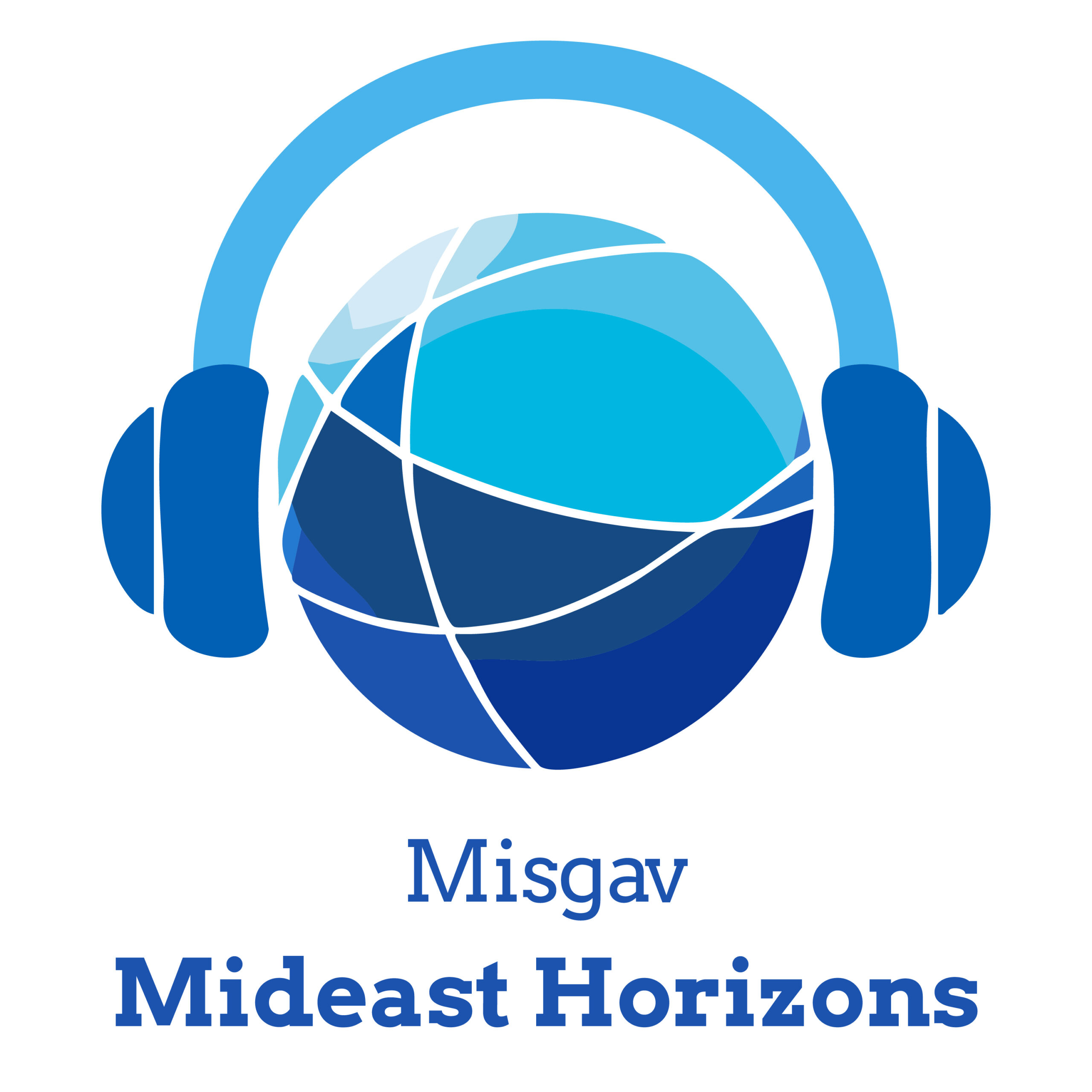
Can the UN be repaired – or should it be defunded and replaced?
In this episode of Mideast Horizons, former Israeli Minister and Ambassador to the UN Gilad Erdan joins Asher Fredman for a candid, no-holds-barred conversation about the failure of the UN system, the future of Gaza, and the historic opportunity now facing the U.S. and Israel in Iran.
Ambassador Erdan pulls back the curtain on his four years at the UN, describing an organization that is “broken and corrupt” and dominated by non-democratic regimes. As PM Netanyahu meets with President Trump, Erdan argues that we are facing a “watershed moment” in which the U.S. and Israel must focus on one goal: regime change in Tehran.
Topics covered:
- The UN Exposed: Why the UN is beyond repair and why the U.S. should defund it.
- The Trump Opportunity: Why a new Iran “deal” isn’t enough – and why the West must support the Iranian people in their efforts to topple the ayatollahs.
- Gaza’s Future: Erdan explains why the PA must have no role in Gaza, and why international forces cannot be relied upon to oversee Hamas’s demilitarization.
- The Communications War: A candid look at Israel’s failure to prioritize public diplomacy and the urgent steps needed to strengthen Israel’s international standing.
- Resilience Under Fire: Erdan’s new mission as Global President of Magen David Adom and how his ambulance teams prepare for incoming Iranian missiles.
- What’s Next? Erdan discusses his plans for the future, including his intention to return to politics.
Don’t miss this insider’s look at the global diplomatic battlefield! Watch, share, and subscribe to Mideast Horizons for more in-depth conversations with leading policymakers and strategic thinkers. You can send comments or suggestions to [email protected].
